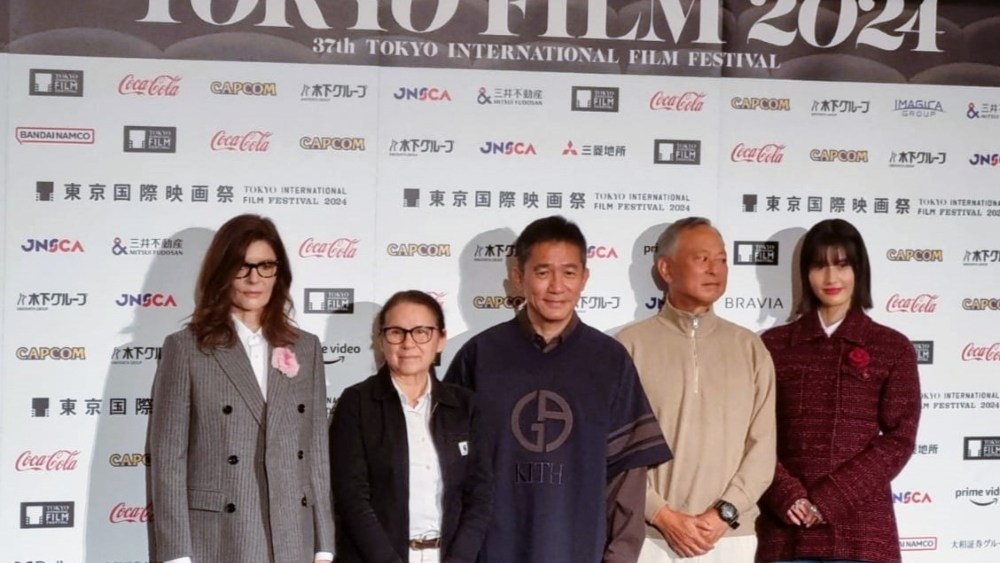Ildiko Enyedi Praises Discovery Role of Film Festivals
Hungarian film director Ildiko Enyedi heaped praise on the film and talent discovery functions of major film festivals like the Tokyo International Film Festival, where Tuesday she started her role as a jury member.
“Festivals are the allies of the filmmakers. They help to uncover the truth of our work as filmmakers. It is a sort of game, shining light on the hidden gems. The press too are allies [and part of this process],” said Enyedi at a jury-meets-media encounter Tuesday in the Japanese capital.
“It is not easy to have a strong and important festival and at the same time find hidden treasures. In programming, it’s much easier just to pick the big names. [ Rather] it is a refined and delicate work to find the hidden gems. And thanks to this festival [some] films can have a brave and successful journey.”
The Tokyo main competition jury is headed by Hong Kong superstar Tony Leung Chiu-wai (“In the Mood for Love”), with whom Enyedi is currently collaborating on “Silent Friend,” Franco-Italian actor Chiara Mastroianni, Hong Kong director and producer Johnny To, and Japanese actor Hashimoto Ai.
Leung described the Tokyo festival as having “a very broad, visionary view” with new and emerging directors, a women’s empowerment section and retrospectives. “We’re not only introducing what is current, but also the vast history of cinema. It is a wonderful opportunity for audiences to learn and feel cinema,” he said.
In a speech that would have made her late father proud, Mastroianni said that film festivals reinforce the act of seeing films in cinemas.
“[Festivals are] not only an occasion to discover wonderful filmmakers, but they are also the occasion for some people to discover what is watching a movie in a theatre, with people surrounding you, people you don’t know, but who you’re going to share this experience with. And to remember that watching a film on the big screen, in a real movie theatre, is wonderful,” Mastroianni said.
Ever piquant, To explained the importance of having an open mind when embarking on film festival juries. “In the past, I had anticipation or expectations before watching a film. In most cases, I was disappointed. So now, I try not to have any filters or divisions before seeing a movie. It should be more intuitive,” he said.
At another moment, Leung revealed his fear about not being intellectual enough for the jury president position. “We are going to have discussions [as jury members] after seeing these movies. Maybe, I’m not educated enough, or smart enough, but I will try my best not to make mistakes,” said Leung.
But he should not have worried. His friend Enyedi was on hand to reassure and to rationalize the jury process. “A film works on you, first of all through your senses, through your guts, and only then, through your intellect. Your gut feelings can be actually educated. That’s what we call culture,” she said. “That’s why film education is so important [it gives us] more tools and we have more tools to translate our feelings into words in a discussion. But the gut always has priority.”


